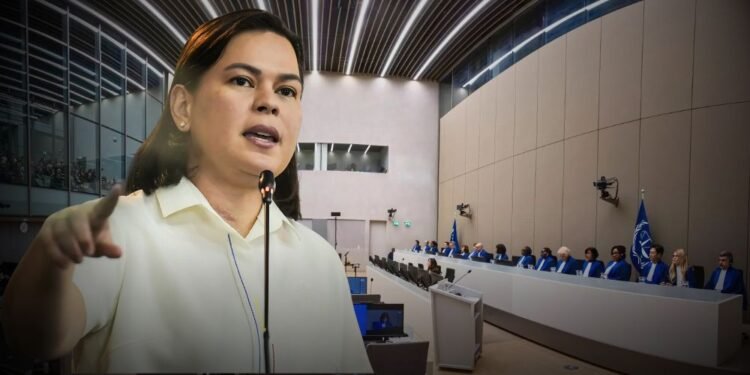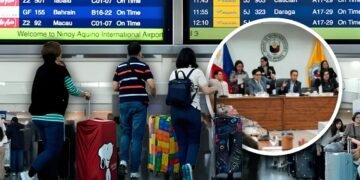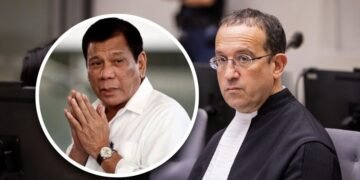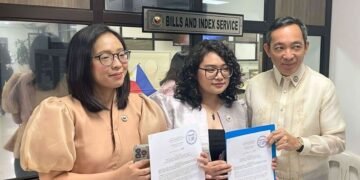Vice President Sara Duterte has emerged as a potential target of the International Criminal Court (ICC) in its probe into alleged crimes against humanity tied to the Duterte administration’s war on drugs, a claim raised by Senator Imee Marcos.
The ICC’s move raises serious questions about its motives and jurisdiction, especially given the Philippines’ 2019 withdrawal from the court.
Sara, who served as Davao City mayor during parts of her father Rodrigo Duterte’s presidency, was reportedly named among high-ranking officials like Senators Ronald “Bato” Dela Rosa and Bong Go in ICC documents, though no public arrest warrant has been confirmed.
Marcos suggested Sara’s inclusion was unexpected, as she was previously lower on the list. Sara herself, reflecting on visits to her father in ICC custody in The Hague, hinted at surveillance of their talks, believing investigators misread their conversations as case-related strategizing.
“My name is far down the list,” she noted, emphasizing her focus on family over legal evasion. Her 59% approval rating in a March 2025 Pulse Asia survey underscores her strong public backing, resonating with conservative values of loyalty and resilience.
The ICC’s pursuit, centered on the drug war’s alleged extrajudicial killings, has sparked skepticism among Sara’s supporters.
The Philippines’ exit from the Rome Statute, effective March 17, 2019, fuels arguments that the ICC lacks jurisdiction, a point Sara has echoed, calling probes “unconstitutional” and a slight to national institutions.
Her father’s lead counsel, Nicholas Kaufman, argues the court’s case is a “political hit job,” citing the country’s non-membership.
Critics question the ICC’s evidence, with Sara challenging the oft-cited 30,000 death toll as inflated compared to the 181 evidence items submitted, a stance some see as exposing prosecutorial overreach.
ICC spokesperson Fadi El Abdallah’s claim that even one murder could constitute a crime against humanity if part of a systematic plan has fueled perceptions of vague, overly broad criteria.
For many Filipinos, the ICC’s focus on Sara—whose tenure as mayor emphasized community programs like education and healthcare—seems selective.
The court’s reliance on 421 documents and 16 hours of audio-video, as noted by prosecutor Karim Khan, lacks transparency, and its refusal to restrict victim verification processes despite Duterte’s team’s pleas raises fairness concerns.
Sara’s supporters argue she’s being unfairly dragged into a narrative targeting her father’s legacy, which prioritized crime reduction and resonated with conservative ideals of order and safety.
As Sara navigates an impeachment trial over unrelated fund issues, her potential ICC targeting feels like a piling-on by global and domestic foes.
This saga tests national sovereignty and the right to self-governance, inviting reflection on whether the ICC’s actions respect the Philippines’ will or serve external agendas.












